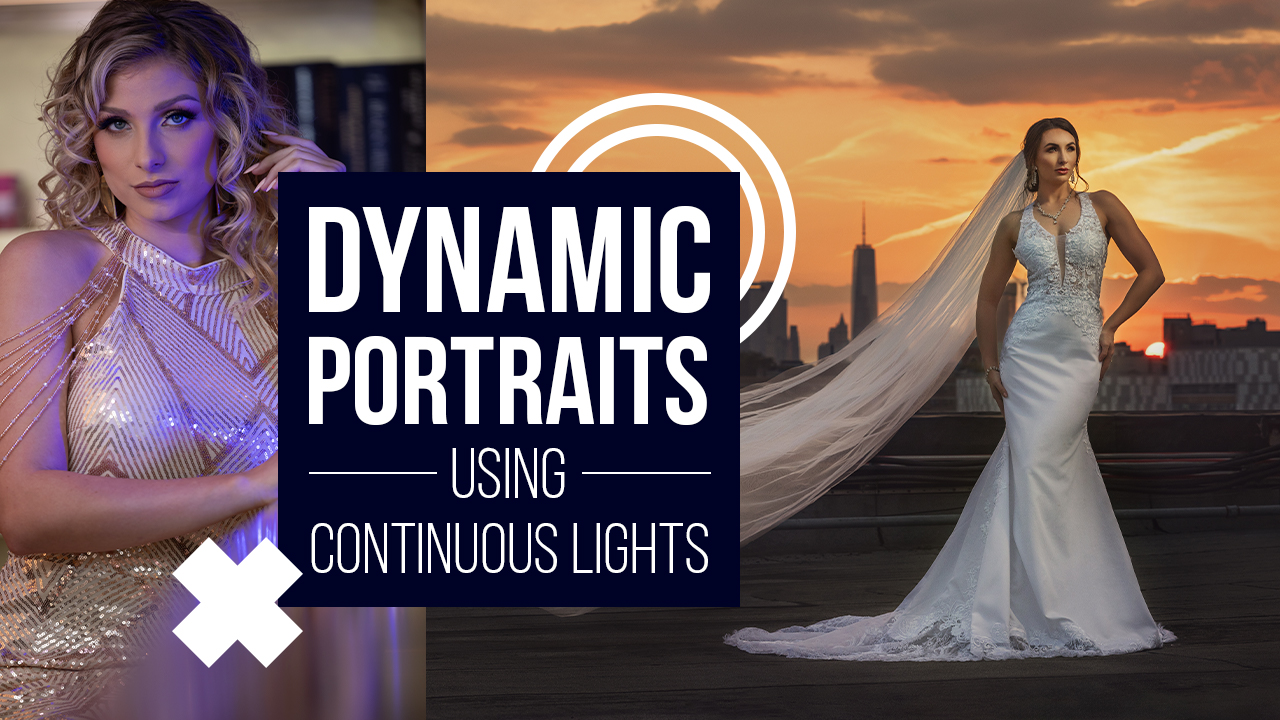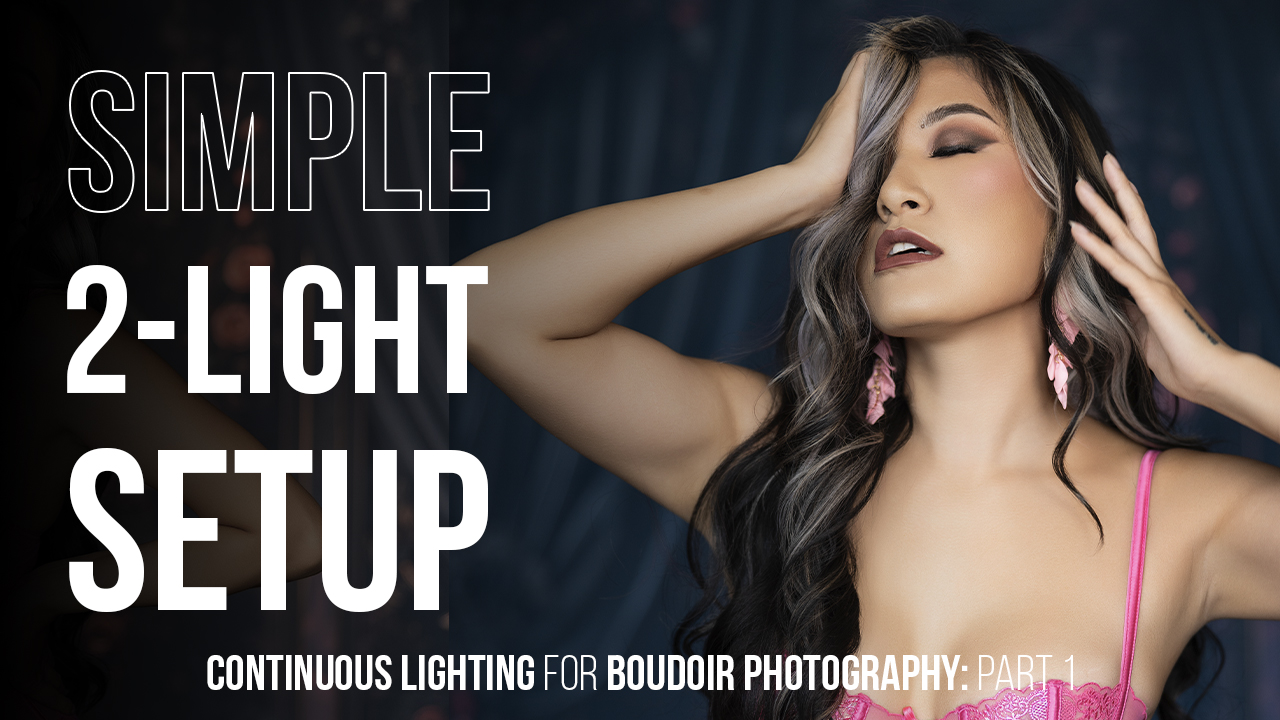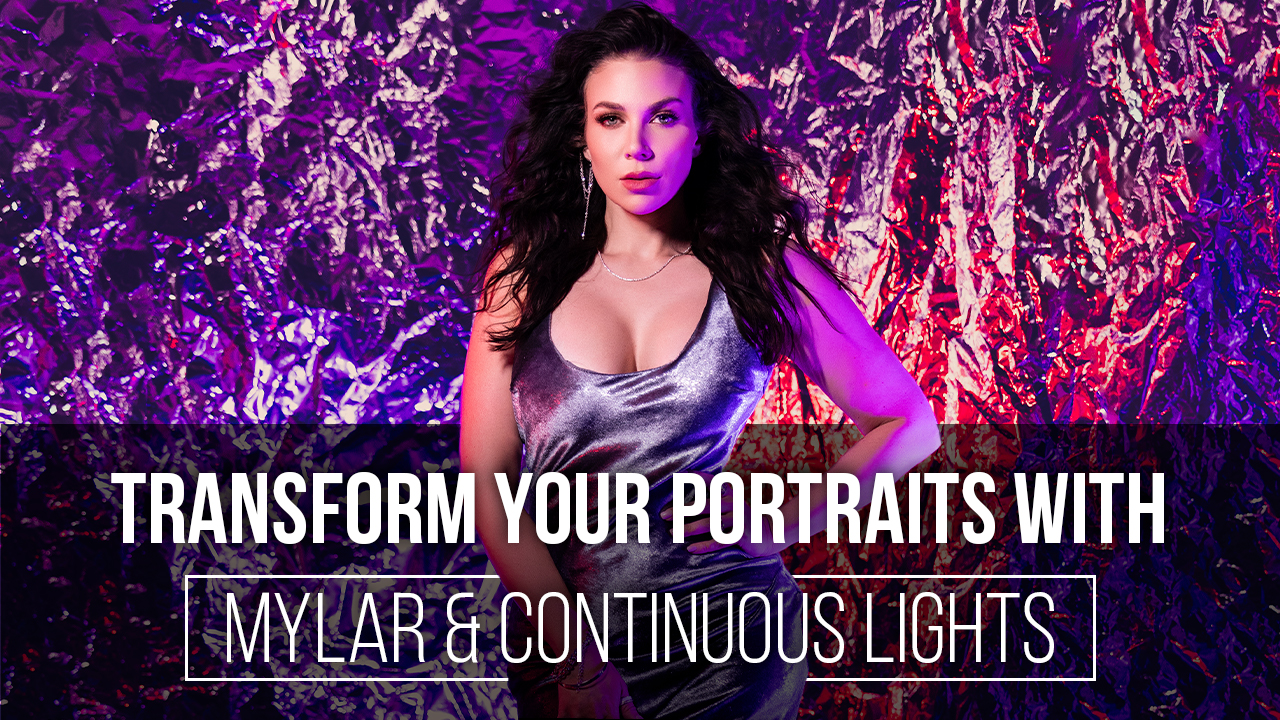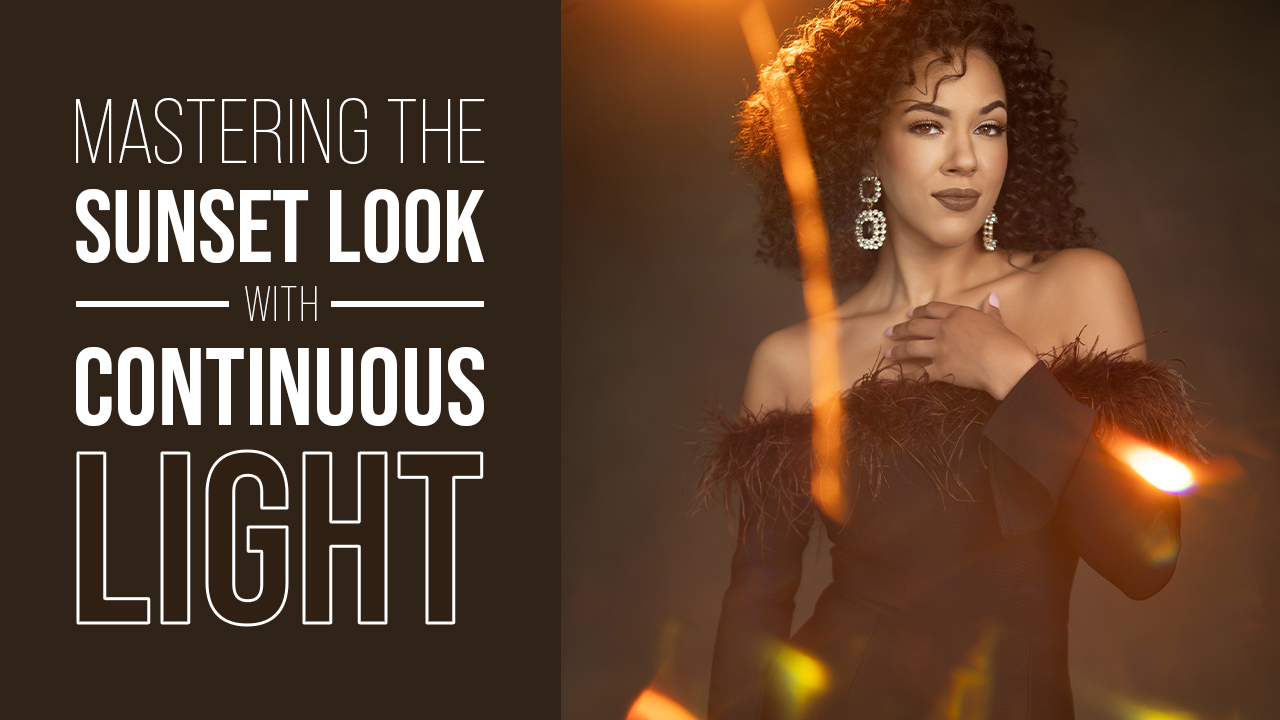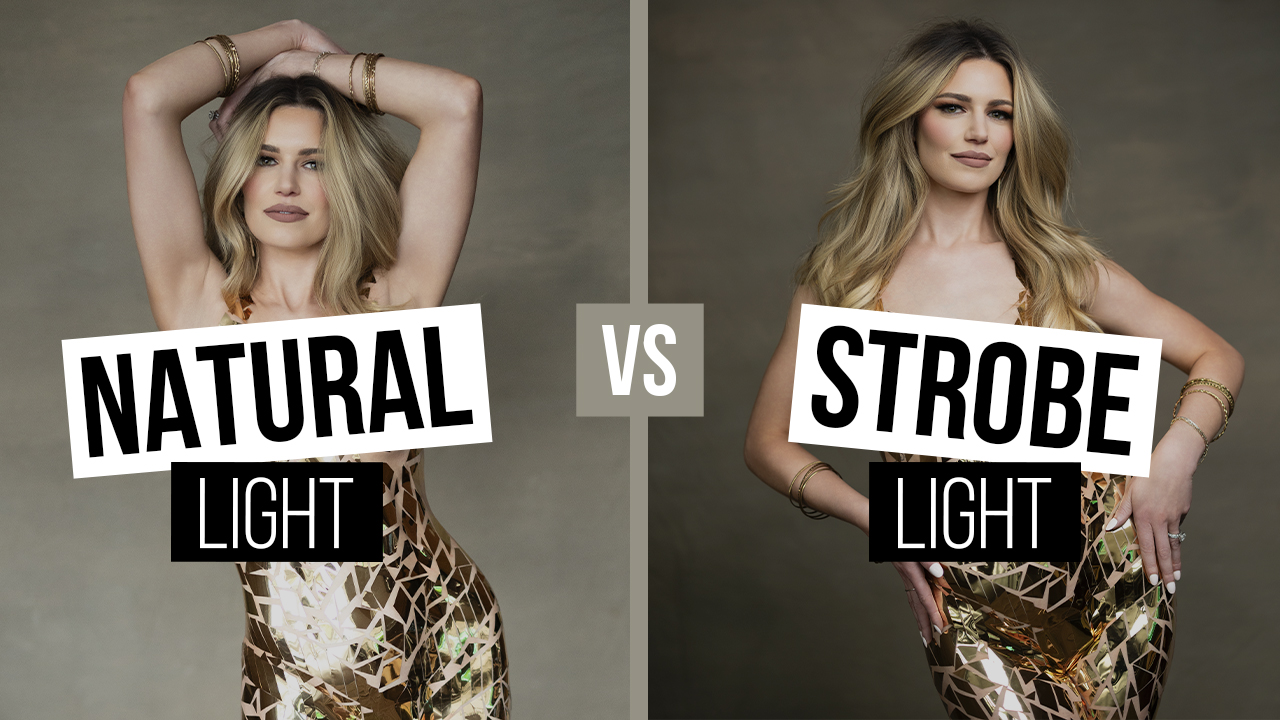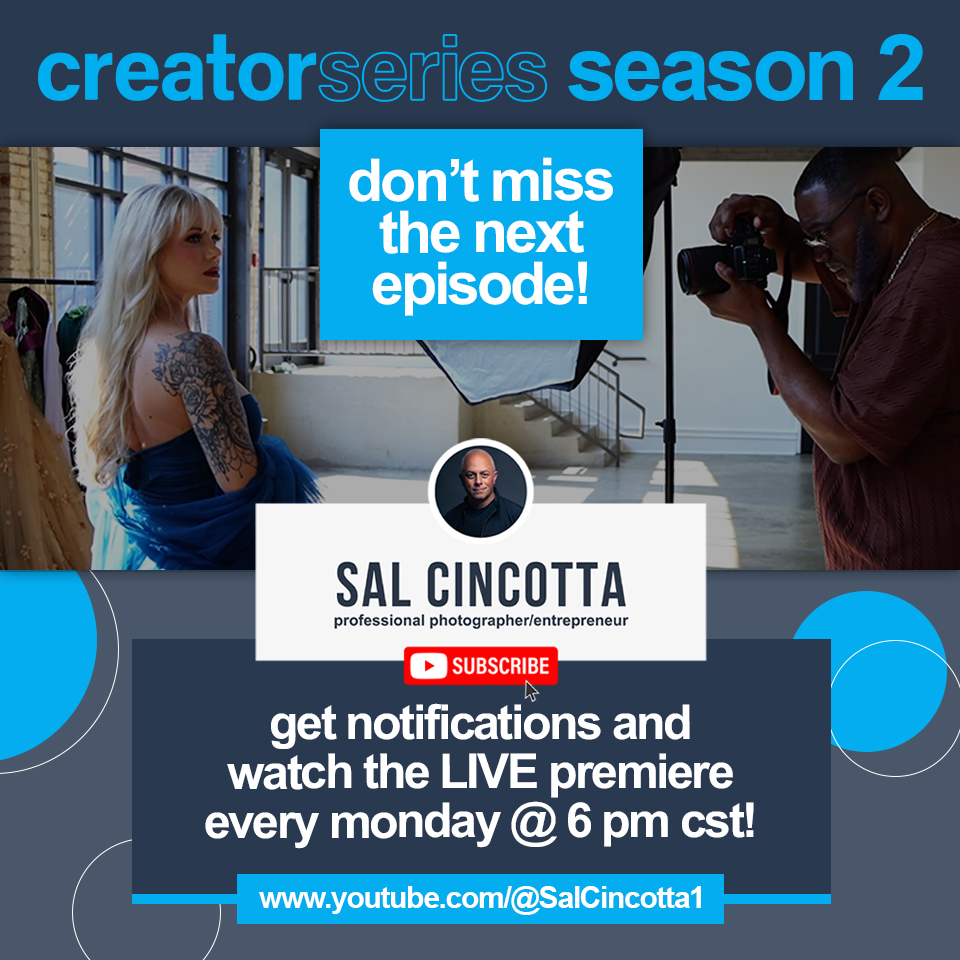Creative Ways to Light Your Images at Night with Benjamin Lane and Sirjana Singh
Pivot. It’s a word you’ve probably heard spoken more in the last 18 months than you might’ve cared to. But no matter who you are, these days we all have to get used to this changing and challenging world. As a photographic duo for couples who like to adventure all over the world, ignoring the “pivot” was not an option for us. When the world began to close down its borders, we were left in a virtual sink or swim scenario. As artists, photographers and business owners, our prerogative was to react to this changing landscape, and we did so by going all-in where photographers have it most: creativity. Since the pandemic, we have spent far less time traveling, so we have taken the opportunity to start a podcast for creatives, boost our social presence online and with every chance we get, set out to experiment with our cameras—most often after dark, because night sessions are becoming more and more popular among our client base.
As the number of photographers taking on adventurous elopements, intimate outdoor weddings and pre-wedding sessions skyrockets, the need to travel light and work with what you’ve got on hand is more prevalent than ever—in all kinds of weather, lighting conditions and locations. So in this article, we will talk about other ways to light your subjects at night so that next time you can leave your flash at home—and perhaps save that space in your bag for something a little more fun and creative, maybe even useful outside of just your photo session.
Now, you should know that as photographers, we are not what you might call purists. We compile images in post, ignore the rule of thirds when it means something, and if an image conveys the emotion we were reaching for, then it needn’t be “technically” strong to deliver it to our couples. If you are after tips on perfect lighting, then this article is not for you. We are out to have fun, experiment and involve our subjects in the process so the final artwork is something they will discuss with all their friends. So, what can you do if or when you decide to leave your flash at home?
In years past, with film and older sensors, using a bright flash was pretty much the only way to light up your subjects once the sun went down. (Not to mention, some clients might look sideways at you for having left it behind.) But as each digital camera generation offers us more detail and clarity in low light, we now have some wiggle room to stretch our artistic muscles and experiment a bit. However, you’re still going to need that tripod.



